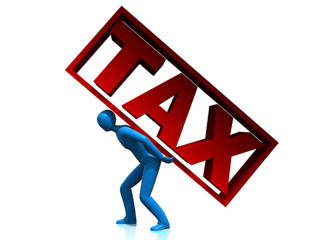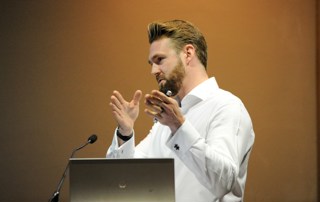Cooper Solutions has audited HMRC’s Averaging Agreement for company car drivers and found three-quarters of dealership employees overpay company car tax.
The findings reveal that the overpaid Benefit in Kind (BIK) tax equates to more than £2 million.
Cooper Solutions is calling for HMRC to introduce fairer methods of taxation for the benefit of motor industry employees and their employers.
The Averaging Agreement scheme was officially introduced in 2009, specifically for the benefit of the motor industry, however, no formal review of its performance has been undertaken by HMRC since its implementation.
Dean Pipitone, director of Cooper Solution, said: “When the Averaging Agreement was first introduced, it seemed like a reasonable solution for franchised dealers. They would simply need to calculate the average vehicle BIK per price band and allocate employees to a band. However, eight years on and we can see that whilst most franchised dealerships try to comply with the Agreement, due to the demand placed on dealership vehicles, overpayment of tax is the reality.”
Based on analysis of data gathered over the last seven years by FullCompliance, more than 1.3 million nightly records of private vehicle use, across nearly 7000 company car drivers were recorded by dealers. Of these nights, 26% were spent by employees in vehicles banded below the employees allocation.
Pipitone continues: “Due to customer demonstrations, courtesy loans or other business factors, employees can only take home the car that is made available to them each night. This equates to more than £2 million worth of BIK overpayments made by employees. For employers, this means they paid more than necessary on National Insurance Contributions and VAT.”
“We are campaigning on behalf of the industry to see a formal review by HMRC of the shortcomings of the Averaging Agreement, and call upon it to consider how technology solutions that record, in real time, the actual use of vehicles based on availability, can produce a fairer means of taxing employees and their employers."





















Login to comment
Comments
No comments have been made yet.